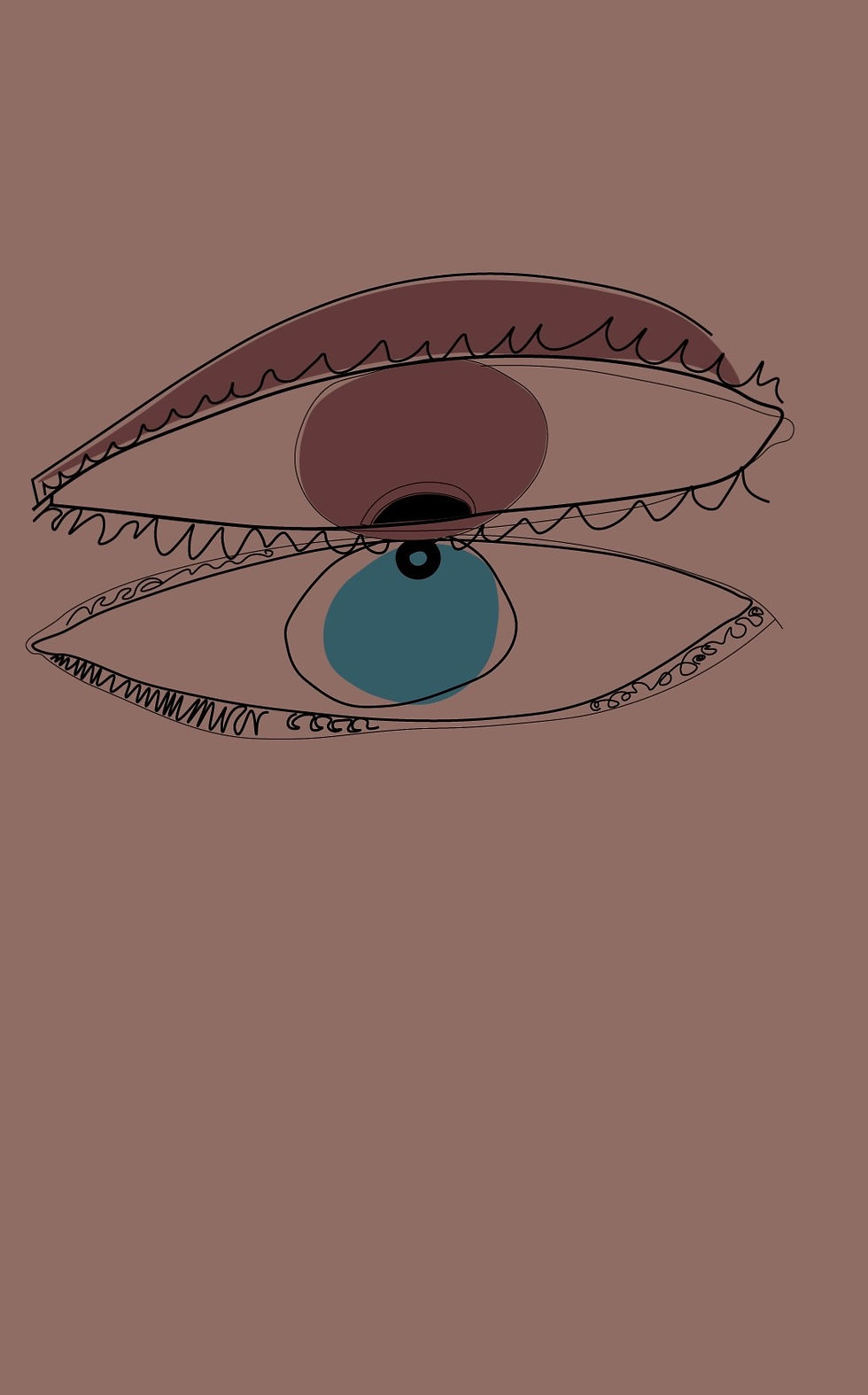Are Ignorance and Bliss Even Related?
- Tavish Carduff

- Jan 17, 2023
- 5 min read
Updated: Nov 5, 2023
I’m convinced that Thomas Gray did not intend to imply that a lack of knowledge helps us maintain an ongoing state of bliss, yet 250 years later, that sentiment persists. According to Oxford, bliss is defined as: perfect happiness; great joy, while Ignorance weighs in as: lack of knowledge or information. Since we’ve made it nearly impossible to feel happy until we’ve attained a certain amount of knowledge, it’s hard to find common ground in these concepts. “Ignorance is Bliss” gets spoken with emotions ranging from pity to pride, as we each have to make peace with the things that we don’t know (or don’t want to know) on a regular basis. As I’m writing this blog, I’m not entirely sure what my point is going to be, but because it is Ignorance Week, I'm going to release some control and see where the writing leads me…
Want to read more?
Subscribe to ourrawmaterial.com to keep reading this exclusive post.




